

The SAT Reading and Writing section presents you with a challenge. Now that the digital SAT has been rolled out , this section contains over 50 passages you'll need to read and answer questions on! The passages will come from a wide variety of sources and test you on everything from critical reading to grammar.
How can you attack these passages to get a high SAT Reading and Writing score? This guide will discuss the best strategies for reading the SAT passages for each question type you'll see.

You've likely heard that the SAT is digital now . This has created a lot of changes: students will take the exam on the computer, the digital SAT is shorter, and scores are returned much faster. There are also big changes to the SAT Reading and Writing section, and one of the biggest is how many passages in SAT Reading and Writing there now are.
You may have heard there are now a lot more passages to read, but the good news is that most students will find them much more manageable! Read this guide to learn how many passages are in the SAT Reading and Writing section, how they're different from those in the old SAT, what they look like, and the best way to tackle them on the exam.
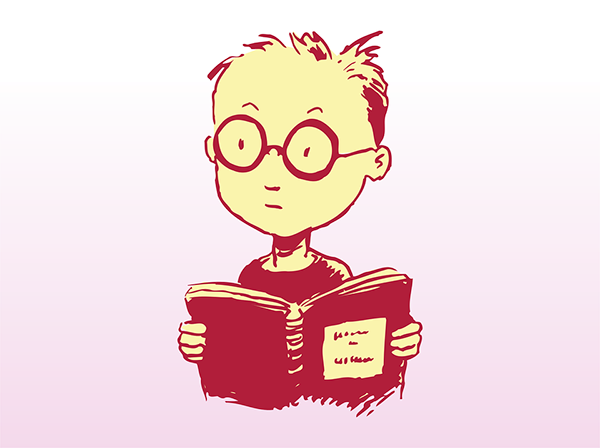
When preparing for SAT Reading & Writing, it's crucial to use high-quality practice materials that accurately reflect the content of the real test. In this article, I will go through the best resources for SAT Reading & Writing practice materials, both online and in printed prep books.

If you're aiming for a really high SAT score, you'll need to learn how to beat the most difficult questions on every section of the test. Here, I'll go through a few of the most difficult reading questions I've seen on the SAT Reading and Writing section and how to solve them.
Why exactly are they so hard? How do you tackle them? How well will you do? Challenge yourself for that top score.
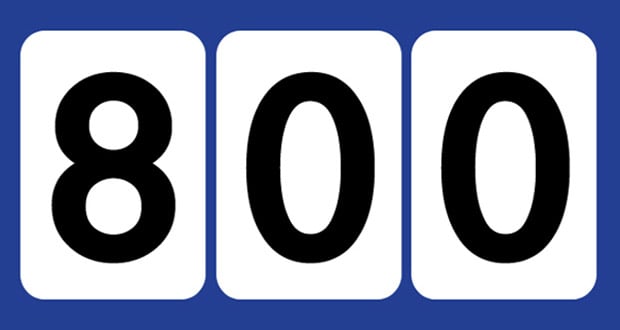
Are you scoring in the 600-750 range on SAT Reading + Writing? Do you want to raise that score as high as possible—to a perfect 800?
UPDATE: This article discusses a previous version of the SAT. If you are looking to get a perfect score on the digital SAT check out my guide to getting an 800 on SAT Reading and Writing.
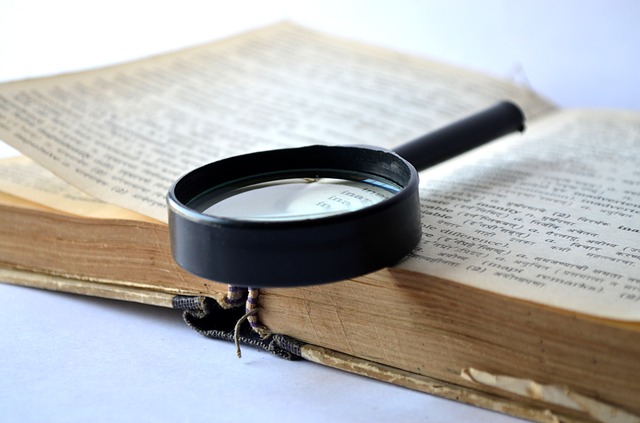
A lot of students immediately think of vocabulary when they hear the word SAT. But are SAT vocab words really that important for doing well on the test? Kind of. If you’re aiming for a high score, you’ll definitely want to spend some time learning key SAT words.
In this guide, we give you a comprehensive list of 262 of the most common SAT vocabulary words. We also explain how vocab is tested on the SAT, what types of questions you’ll see, and how to get the most out of your vocab prep.

In March 2016, the SAT underwent a complete redesign, concentrating more on testing reasoning skills than on obscure vocabulary knowledge.
So how do you study for the SAT now that there just aren't that many practice tests available? After all, there’s nothing quite like taking actual official SAT tests to get you ready for the real thing. The good news is that many of the questions that appeared on the old SAT format are still completely relevant and a great resource for practicing your skills!

Feeling pressed for time on any test is extremely frustrating. It’s even worse on tests like the SAT and ACT because they’re so lengthy: if you run out of time on a section, you don't get the relief of "Well, at least I'm done with the test" because you have to move right on to the next section.
Since you can’t stop time (probably?) and, except for some special circumstances, can’t get extra time, you'll need another solution to help you avoid running out of time. So what strategies can you use? I’ll discuss the top misconception students have about running low on time on the SAT Reading section and strategies to avoid running out of time.

"The more that you read, the more things you will know. The more that you learn, the more places you'll go."
Heed the wise words of Dr. Seuss, and get reading! The more you practice reading SAT passages, the better you'll perform on the SAT Reading and Writing section. This article goes over everything on the SAT Reading and Writing section so you know exactly what to expect.

Answering questions on multiple passages is a little different from answering questions on just one passage. Some of the same advice is still applicable, but there are strategies specific to multipassage questions as well. I’ll go over the different topics you might see covered in paired passages on the SAT as well as giving strategies for paired passage questions.

If you've found this article, you might have heard the term SAT Verbal. It's an older, outdated term to describe the SAT Reading and Writing section. However, the content of the SAT Verbal section is still very important today.
Many of the topics and skills from what used to be known as SAT Verbal are now tested in the SAT Reading and Writing section. To do well on the Reading and Writing section, you need to understand what SAT Verbal is, what types of skills it tests, and how to practice it.

Which is the harder section, ACT Reading or SAT Reading? We will break down the differences between SAT and ACT Reading to help you decide which section is harder for you. You might be surprised which one is easier!
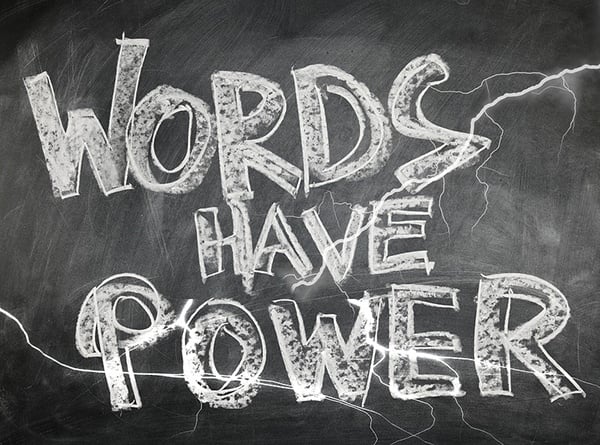
There are no more sentence completion questions on the SAT, so your vocabulary knowledge will be tested with questions that fall under the umbrella of the Words in Context subscore. In this article, I'll give you the inside scoop on what these questions are, what forms they might take in both the Reading and Writing sections, and which strategies work best for solving them accurately.
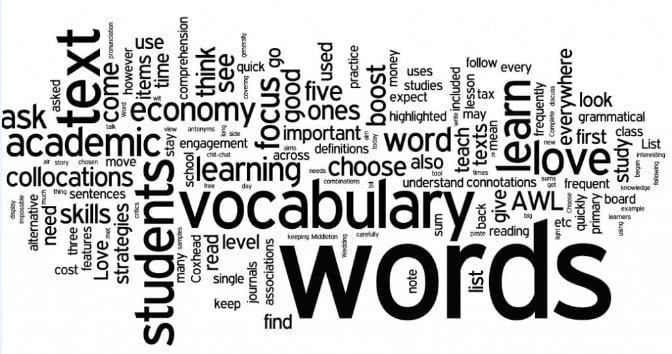
Studying SAT vocab is a confusing topic for most students. It's unclear how many words you should memorize, which words to learn, and how to actually memorize these words without wasting time. If you think you need to memorize a list of 2,000 SAT vocab words you found on the internet, stop right there. We're about to save you a lot of time while delivering the same results.
In this guide, we'll discuss which words you should memorize and go over a reliable way to commit these words to memory.
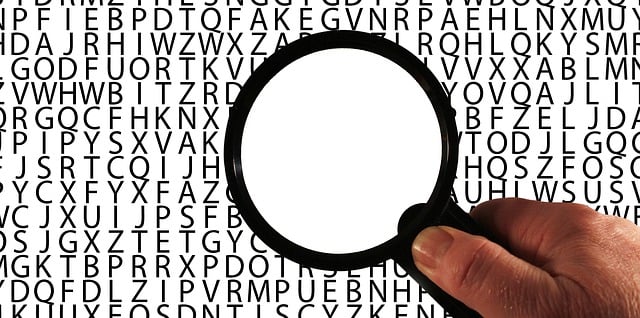
A solid vocabulary is essential to getting a high SAT score. But what methods can give you the quality SAT vocab practice you'll need to succeed on test day? After all, just reading a lengthy list of vocab words doesn't necessarily mean you'll know how to use them in a sentence or be able to remember what they mean on during the exam.
We explain how important vocab is on the SAT and how it’s tested. More importantly, we give you our top four vocab study methods as well as our picks for the five best resources to use for quality SAT vocabulary practice. Read on to learn what these are!
Have any questions about this article or other topics? Ask below and we'll reply!